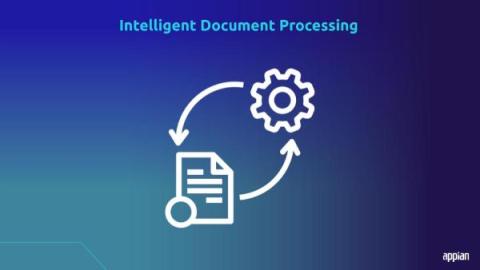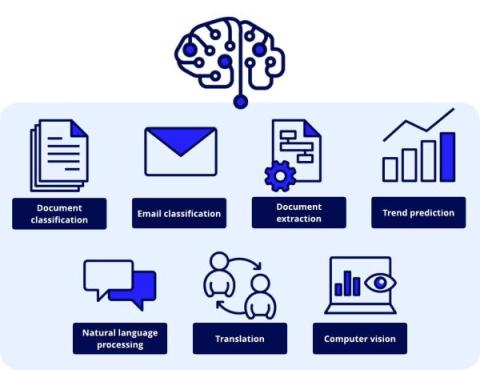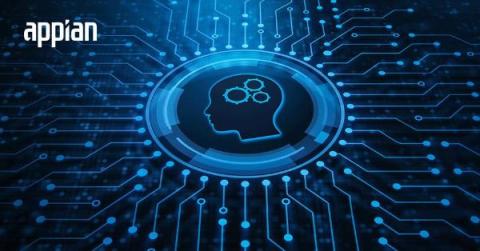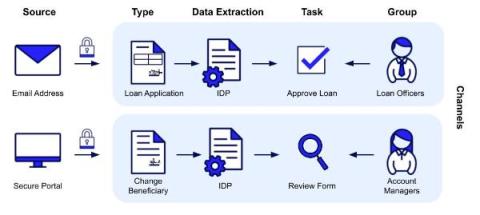How to Automate an Enterprise Process From Beginning to End
Automating a process can be complex, especially when it’s a long-running process with many steps and complex business rules, cross-cutting multiple departments and systems in an enterprise. To automate a process like this from end to end, you’ll need a process automation strategy and software. Assuming you’ve ticked both of those boxes, the next step is putting those things to work, which is the focus of this post.











